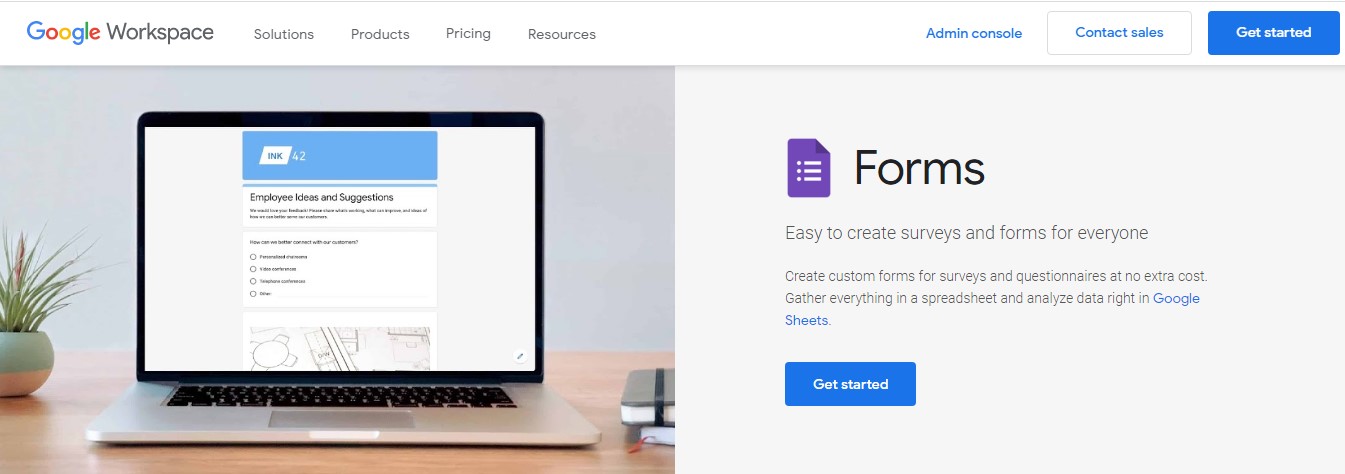How This Solo Founder Bootstrapped A $20K/Month Cloud Management App
Hello! Who are you and what business did you start?
My name is Aayush, and I am the Founder & CEO of OpsLyft. Our mission is to help enterprise software companies globally to manage their cloud infrastructure cost without compromising the performance and reliability of applications running on it.
As of today, OpsLyft is a couple of years old high-growth startup built out of India and is managing more than 100 million dollars of cloud investments made by businesses every year.

What's your backstory and how did you come up with the idea?
Before starting OpsLyft, I worked as an Infrastructure and DevOps engineer at a US-based startup. It was my first job after undergrad college, and I was fortunate enough to get extreme hands-on experience in building the DevOps function of an organization from scratch, at a scale where we were running close to 100 applications on...


















